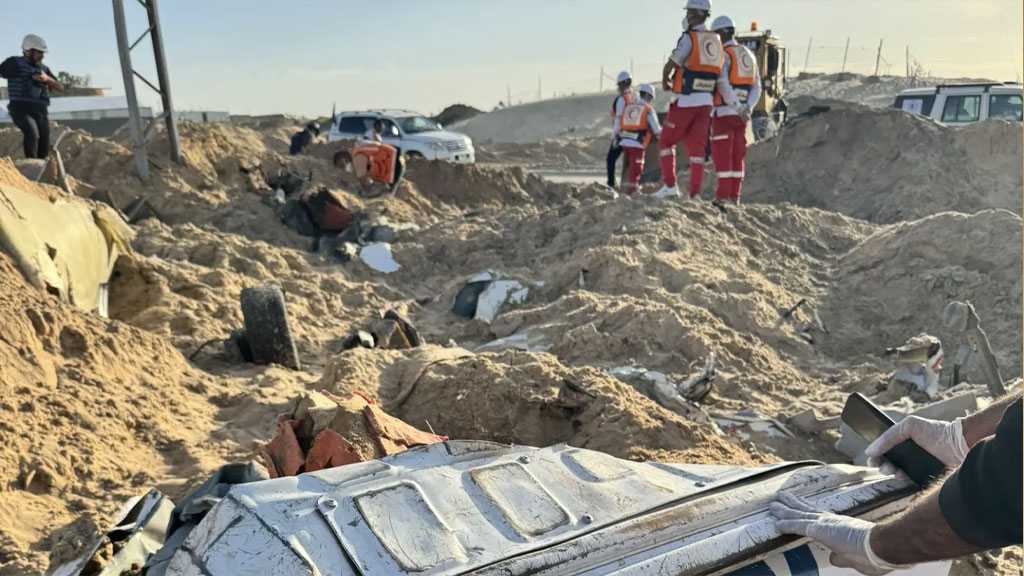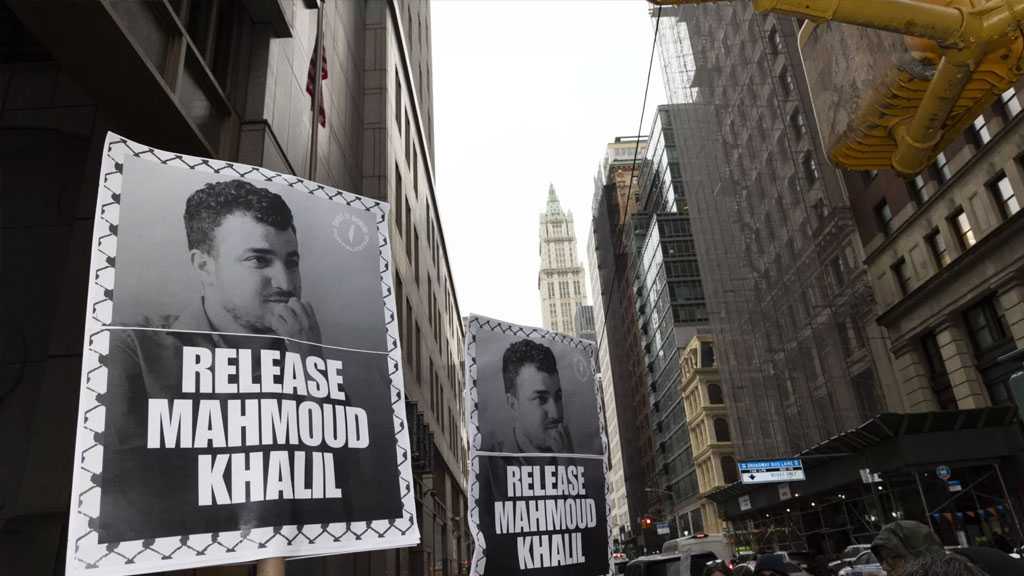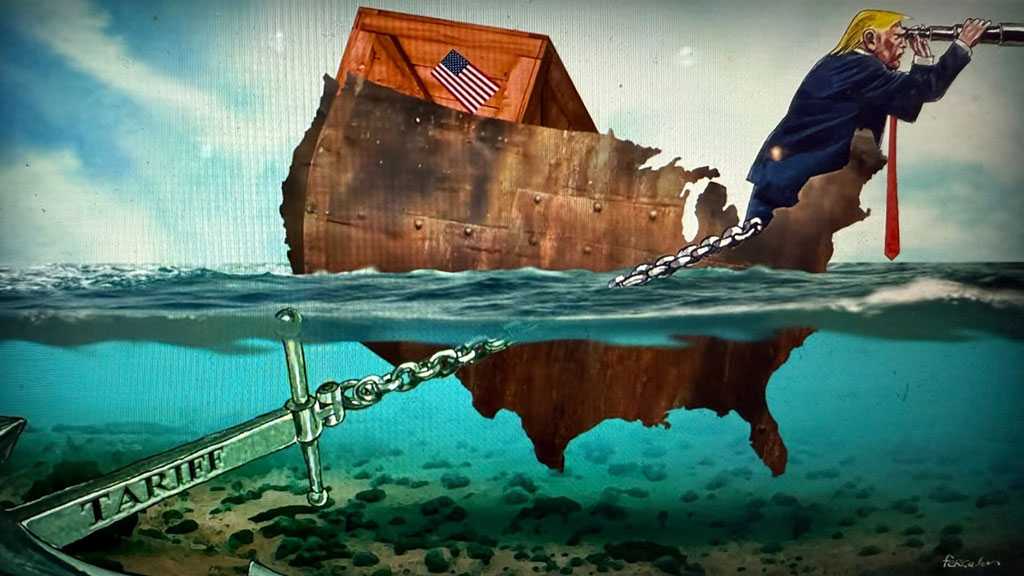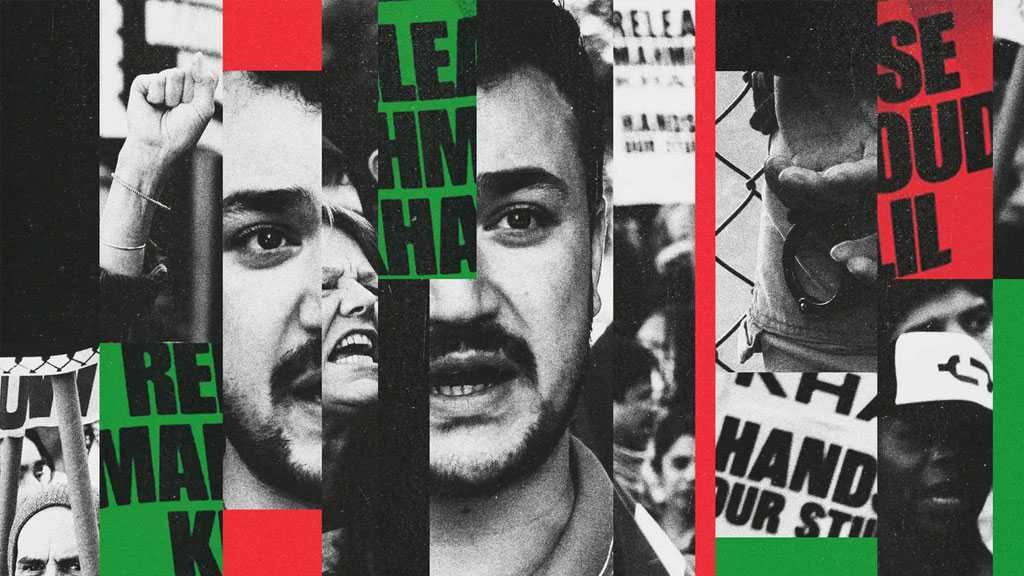“Israel”: An Impediment To A Nuclear-Free Middle East

By Kourosh Ziabari
The Public Record, 20-06-2011
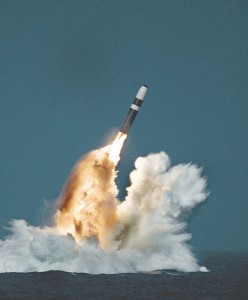
"Israel" has returned nuclear waste from its Sorek nuclear reactor to the U.S., the head of "Israel's" Nuclear Energy Commission Dr Shaul Horev revealed on Monday.
Speaking at the International Atomic Energy Agency (IAEA) ministerial conference on nuclear safety in Vienna, Horev did not specify the exact amount of waste that had been returned, but according to estimates, "Israel" has sent back at least dozens of kilograms, probably more, of 93% enriched uranium, which was used to power the Sorek reactor.
The operation took place after "Israel's" Nuclear Energy Commission and the U.S. Department of Energy signed an agreement for the return of the nuclear waste over a year and a half ago. After the agreement was signed, an American ship collected nuclear waste from both "Israel" and Turkey.
The Sorek research reactor is a small five megawatt facility that was donated to "Israel" by the U.S. within the framework of former president David Eisenhower's "Atoms for Peace" program. "Israel" also received 93% enriched uranium to fuel the reactor. The reactor has remained under IAEA supervision for years.
The transfer was part of special U.S. government program to stop nuclear waste, which can be recycled and used to manufacture nuclear weapons from falling into the hands of terrorist organizations. The effort targets mainly eastern European countries and countries from the former Soviet Republic.
According to a WikiLeaks document uncovered by Haaretz a few months ago, the U.S. originally proposed the deal to "Israel" in 2005, yet the Nuclear Energy Commission delayed its acceptance of the deal, claiming that the reason was the high handling fee for participation in the program. Yet the real reason was that it wanted to hold on to the nuclear waste. The Nuclear Energy Commission did not respond to the Haaretz report at the time, and did not reveal that it had actually already signed the agreement with the U.S. and that the nuclear waste had been returned.
The U.S. stopped supplying enriched uranium for the Sorek reactor as early as 1977 following a law passed by the U.S. Congress and because "Israel" was not a signatory to the Nuclear Non-Proliferation Treaty (NPT), Haaretz reported at the time. However, according to some "Israeli" sources, "Israel" still has an adequate stock of enriched uranium, supplied by the U.S. before the embargo and the prohibition of the sale of enriched uranium was put in place, to keep the Sorek reactor operating on the part-time basis that it has been for years. According to American data, the U.S. provided between 1960-1975, 19 kilograms of highly enriched uranium to fuel the reactor.
The agreement with the U.S. does not apply to the Dimona nuclear reactor, where international sources believe "Israel" produces fissile material from uranium and produces plutonium for stockpile of nuclear weapons, and waste from Dimona is not being returned to the U.S.
Various types of radioactive waste from Sorek are stored in Dimona.
In an interview with Haaretz a few years ago, former head of the "Israeli" Committee for Nuclear safety, Tzvi Kamil, said that the materials at Dimona were stored safely and strictly monitored and there was no risk of them leaking.
In his speech, Horev also discussed a recent decision to make his deputy, Yishai Levanon, report directly to the Prime Minister, who is also the chairperson of the "Israel" Atomic Energy Commission, in the interests of increasing nuclear safety.
Levanon, who is with Horev in Vienna, now has the final word regarding decisions granting licenses to units in the nuclear cores that wish to purchase equipment, technology or other material.
Horev emphasized that even though "Israel" is a not a signatory of the NPT, it has for years fulfilled all even the strictest requirements of the IAEA.
Horev also said that the reactor at Dimona 12 km from the nearest town, a satisfactory distance in the event of a radioactive leak. The reactor is also equipped with monitoring equipment under the supervision of the Ministry for Environmental Protection, and the Atomic Energy Commission has also donated monitoring equipment to the Dimona municipality for supervision.
The Sorek reactor is 3km from Yavne's industrial quarter. According to Atomic Energy Commission officials, in the U.S. nuclear reactors like Sorek are located in the middle of urban areas, such as MIT's reactor in Boston, and another one in Washington. They also emphasized that these reactors have far smaller output and capacity than Japanese reactors, which have an output of 750 megawatts and produced electricity.
Despite the best efforts of the IAEA, international calls to close nuclear reactors in the wake of the disaster in Japan earlier this year are growing steadily. In "Israel", years before the Japan disaster, environmental protection activists have called for the closure of the Sorek and Dimona reactors.

